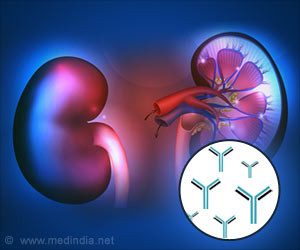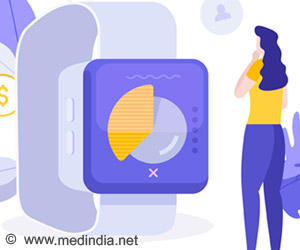A group of white blood cells plays an important role in controlling replication of the BK polyomavirus (BKPyV) that causes premature kidney transplant failure.
Highlights
- BK polyomavirus (BKPyV) is the most common cause of premature transplantation failure, following kidney transplant.
- Current treatments include screening for the virus in the blood and, if positive, aims to reduce immunosuppression.
- A group of lymphocytes, BK virus-specific CD8 killer T lymphocytes, have been found to be effective in bringing the BK polyomavirus replication under control, thus avoiding transplant rejection.
- improving control of immunosuppression
- avoiding transplant rejection
- developing relevant vaccines
Currently, there is no effective treatment for BK polyomavirus infection.
There is a shortage of antivirals and the treatments rely solely on the blood levels of viral load, so that appropriate decisions can be made regarding the use of immunosuppressive medication to prevent a transplant rejection.
Role of Lymphocytes
The researchers investigated the blood of 96 patients immediately after a kidney transplant, and then six and twelve months afterwards.
The results showed that in patients who were able to bring the virus under control, certain white blood cells, BK virus-specific CD8 killer T lymphocytes, were significantly increased.
"Our results open up new opportunities for improved control of the reduction in immunosuppression and contribute to the development of vaccines and adoptive T-cell therapy," says Professor Hans H. Hirsch.
Céline Leboeuf and Sabrina Wilk, from Professor Hans H. Hirsch's research group, reported the results of a collaboration between Swiss transplant centers in the latest issue of the American Journal of Transplantation.
Reference
- Céline Leboeuf et al. BK polyomavirus-specific 9mer CD8 T-cell responses correlate with clearance of BK viremia in kidney transplant recipients: First report from the Swiss Transplant Cohort Study (STCS). American Journal of Transplantation; (2017) DOI: 10.1111/ajt.14282
Source-Medindia
















